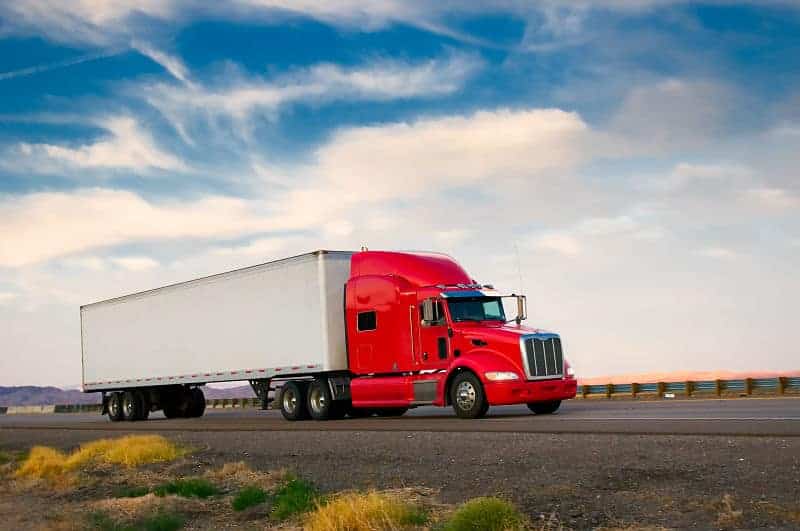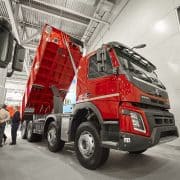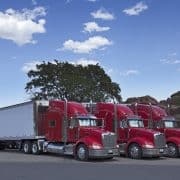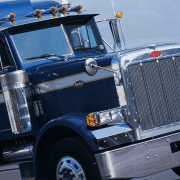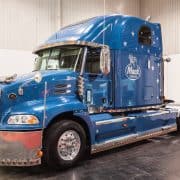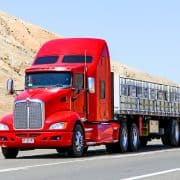The trucking industry keeps the retail sector moving forward, transporting upwards of 70% of all retail goods from their manufacturing point to storefronts across the United States and Canada. It’s come a long way in the last few decades, with new technology and other advancements shaping the trucking industry.
